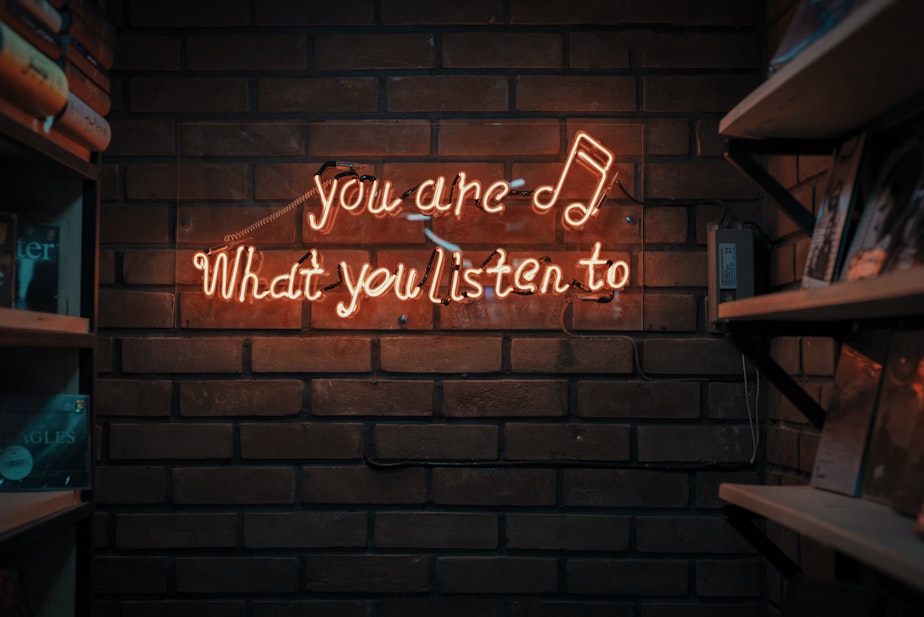Music isn't what it used to be — but is that a bad thing?

Is it ethical to offer incentives as a way to convince people to take the coronavirus vaccine? The City of Seattle has set aside money for sinks on city streets, but they’re nowhere to be found, and music isn’t what it used to be.
What will it take to convince those who are undecided to take the coronavirus vaccine? And is there a line where an incentive becomes coercion? Bill Radke discusses this with bioethicist Dr. Nancy Jecker and epidemiologist Dr. Janet Baseman. Also, the City of Seattle has set aside money for sinks on city streets, which would be good for hygiene especially during a pandemic, but they have yet to arrive. Journalist Natalie Graham, who reports on city hall for The Stranger, talks with Bill about her reporting on this topic. Lastly, Bill chats with Bob Dylan’s tour manager Jonathan Taplin and KEXP DJ Abbie Gobeli about how today’s pop music is different than the anti-authoritarian and protest hit songs of the 60s and 70s.
Are incentives for Covid vaccines ethical?
In Washington and the rest of the nation, we have more doses of the coronavirus vaccine than people willing to get the shot. So public health officials are trying to figure out what it would take to entice the undecided and where the line between incentive and coercion is drawn. Joining Bill Radke to this is bioethicist Dr. Nancy Jecker and epidemiologist Dr. Janet Baseman.
The drama behind the city sink debate
The Seattle City Council allocated $100,000 to create hand-washing facilities after the pandemic shut down the public spaces that are commonly used by unsheltered people. So, where are they? Journalist Natalie Graham, who reports on city hall for The Stranger, wrote an article headlined "Who Knew There'd Be So Much Drama Around Some Damn Sinks?” and talks with Bill Radke about it today.
Pop music: then and now
Jonathan Taplin was Bob Dylan''s tour manager and also produced tours and concerts for the Grateful Dead. These musicians were against a culture of war, segregation, police repression, and war. He's written about that time in a new memoir called “The Magic Years.” He joins Bill Radke to discuss this memoir. Later, the two are joined by Abbie Gobeli, a KEXP DJ, who offers a perspective on what idealism, cynicism, and popularity might mean in music today.




